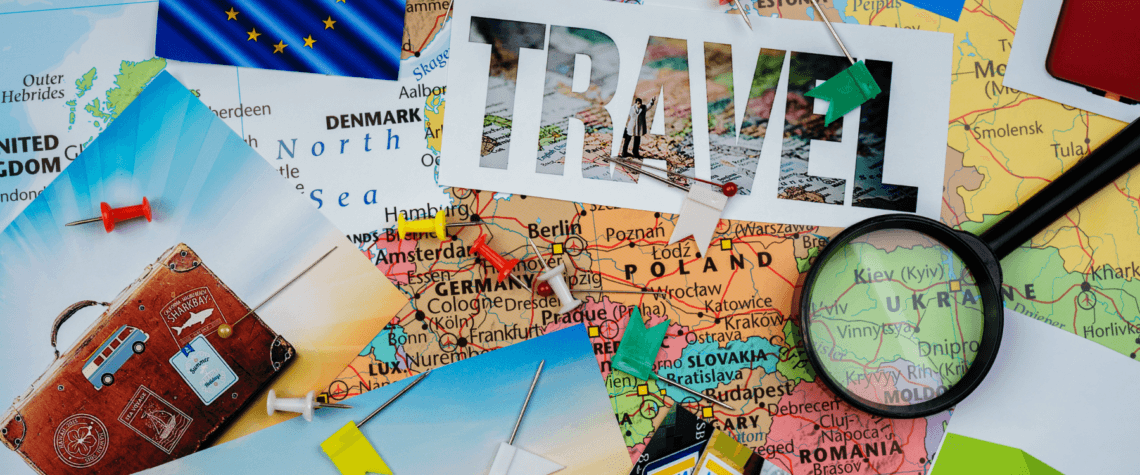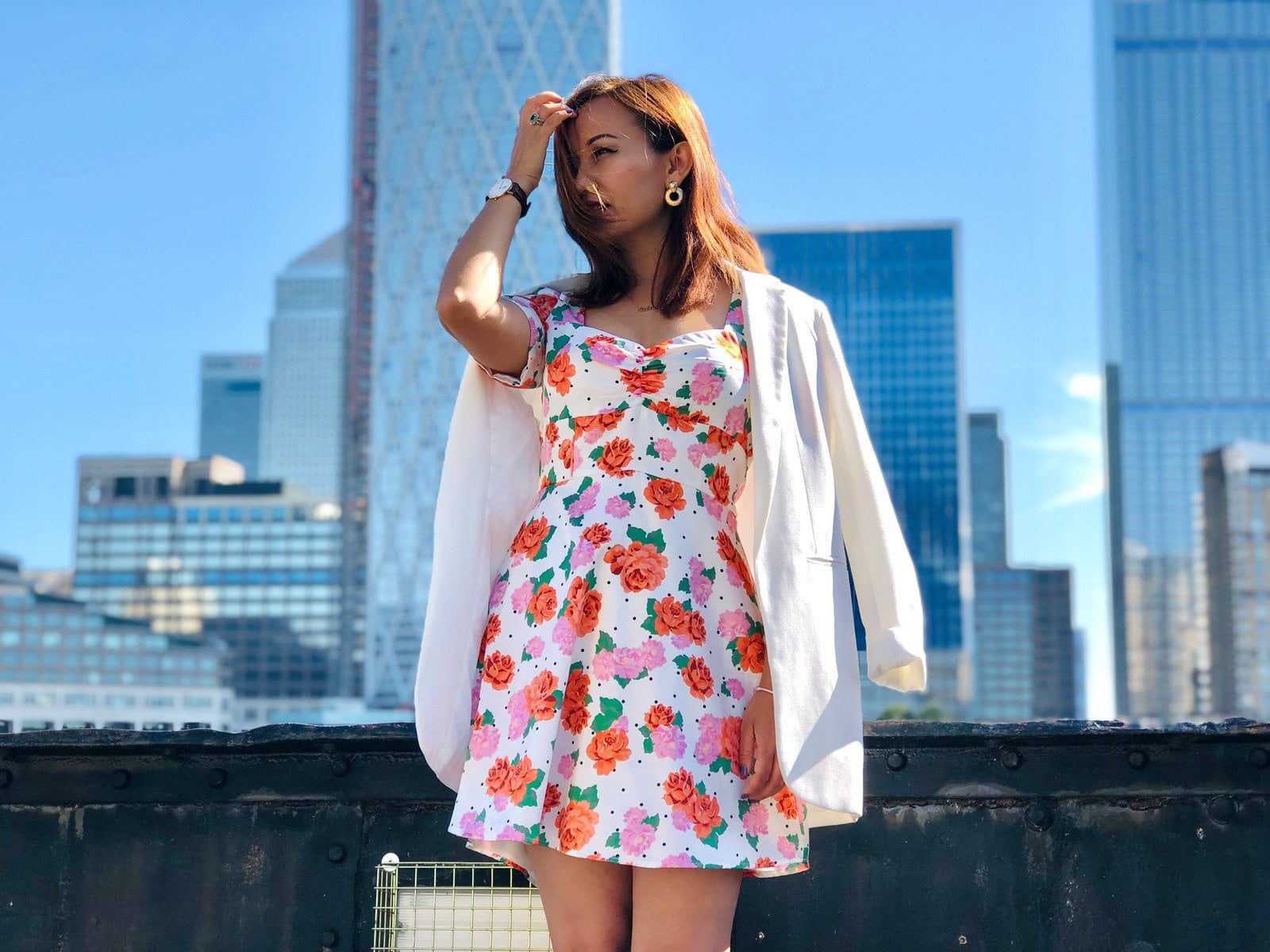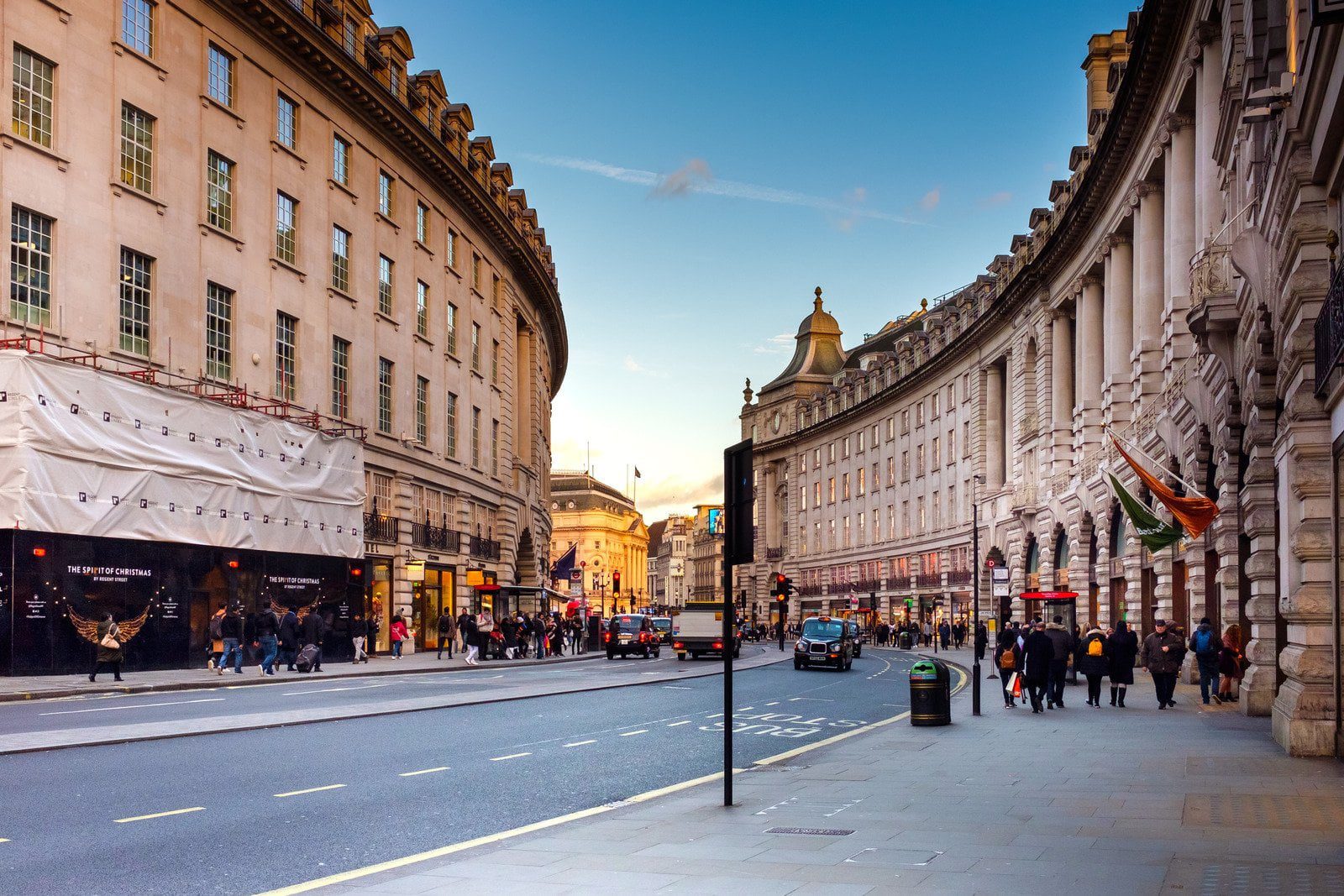The fashion industry, while captivating us with its ever-changing trends, often leaves a dark stain on the environment and society. But a new wave of conscious consumers is rising, demanding transparency and accountability. Enter ethical fashion – a movement promoting responsible practices throughout the fashion supply chain. This guide empowers you to become a conscious consumer, navigate the world of ethical fashion, and make style choices that reflect your values.
Beyond the Runway: Unveiling the True Cost of Fashion
The allure of fast fashion is undeniable – trendy clothes at rock-bottom prices. But this affordability often comes at a hidden cost. Here’s why ethical fashion is a movement worth embracing:
- The Human Cost: Fast fashion relies heavily on exploitative labor practices, with workers in developing countries facing poor working conditions and unfair wages.
- Environmental Impact: The fashion industry is a major polluter, contributing to textile waste, water pollution, and greenhouse gas emissions.
- Transparency Matters: Fast fashion brands often lack transparency about their supply chains, making it difficult to hold them accountable for ethical and environmental practices.
- Quality over Quantity: Ethical fashion emphasizes quality over quantity, encouraging you to invest in well-made pieces that last longer, reducing waste.
- Empowering Consumers: By choosing ethical fashion, you become a driving force for positive change in the industry.
Ethical fashion isn’t just about aesthetics; it’s about making conscious choices that promote sustainability and social responsibility.
Decoding the Labels: Understanding Ethical Fashion Certifications
The world of ethical fashion can seem overwhelming. Here’s a breakdown of some key certifications to help you navigate your choices:
- Fair Trade: This certification ensures fair wages and safe working conditions for farmers and garment workers.
- GOTS (Global Organic Textile Standard): This certification guarantees organic fibers and environmentally responsible production processes.
- OEKO-TEX Standard 100: This certification assures textiles are free from harmful chemicals.
- B Corp: This certification recognizes companies committed to social and environmental responsibility.
Understanding these certifications empowers you to make informed decisions and support brands aligned with your values.
Building Your Ethical Wardrobe: Essential Steps for the Conscious Consumer
Making the switch to ethical fashion doesn’t have to be drastic. Here are some practical steps to get you started:
- Shop Less, Choose Well: Invest in high-quality, ethically made pieces that will last longer. Prioritize versatility over fleeting trends.
- Embrace Secondhand: Thrift stores and vintage shops offer a treasure trove of unique finds and a more sustainable way to update your wardrobe.
- Support Local Brands: Local designers and independent labels often prioritize ethical production practices and sustainable materials.
- Care for Your Clothes: Proper washing and care extend the lifespan of your garments, reducing waste and maximizing your investment.
- Educate Yourself: Stay informed about ethical fashion issues and brands committed to sustainable practices.
By incorporating these steps into your shopping routine, you can make a significant impact and contribute to a more ethical fashion landscape.
Beyond the Store: Expanding Your Ethical Fashion Footprint
Ethical fashion goes beyond just the clothes you wear. Here are some additional ways to embrace conscious consumerism:
- Sustainable Fabrics: Look for clothes made from organic cotton, recycled materials, or linen, which have a lower environmental impact.
- Slow Fashion Movement: Embrace the slow fashion movement, which emphasizes quality over quantity and timeless style over fleeting trends.
- Support Ethical Footwear: Similar to clothing, ethical footwear brands prioritize fair labor practices and environmentally friendly materials.
- Advocate for Change: Use your voice to advocate for change within the fashion industry. Support brands committed to sustainability and hold others accountable.
- Embrace Minimalism: Challenge yourself to buy less overall. A minimalist approach encourages a more mindful relationship with fashion.
Ethical fashion is a journey, not a destination. By making conscious choices and embracing a holistic approach, you can become a driving force for positive change in the fashion industry.
The Power of Style: Confidence with a Conscience
Ethical fashion isn’t about sacrificing style; it’s about expressing yourself with integrity. Here’s how ethical fashion empowers you:
- Feel-Good Fashion: Knowing your clothes were made ethically and sustainably allows you to wear them with confidence and pride.
- Unique Style Identity: Ethical fashion often embraces individuality and craftsmanship, allowing you to express your personal style with unique pieces.
- Investing in Quality: Ethically made garments are often crafted with better materials and construction, ensuring they last longer and retain their value.
- Part of the Solution: By choosing ethical fashion, you become a part of the solution, contributing to a more sustainable and
















